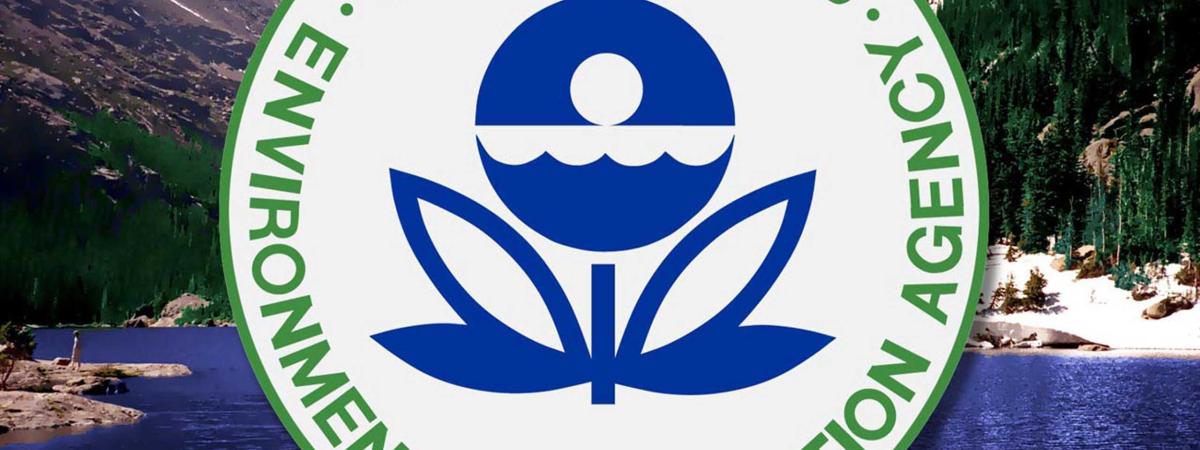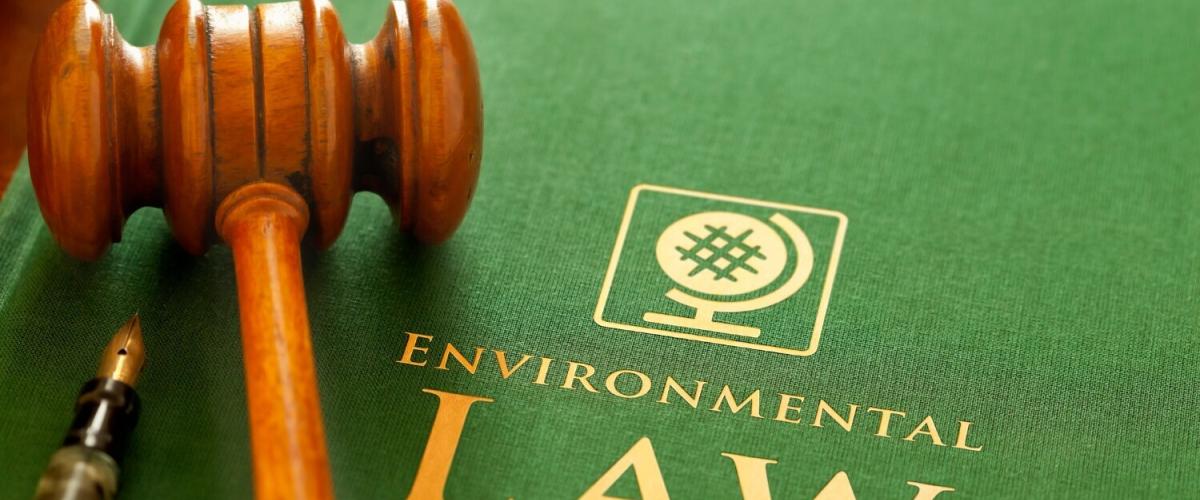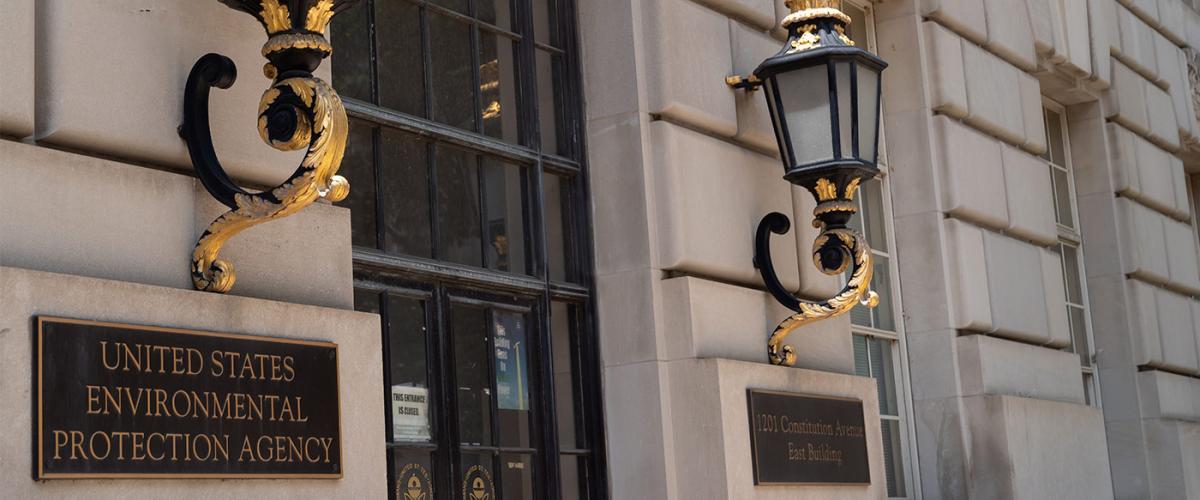Sackett v. Environmental Protection Agency was the first case heard by the Supreme Court in its Oct. 2022 term. At issue is the scope of federal authority to regulate wetlands under the Clean Water Act. To preview this important case and explore the legal and policy ramifications of a decision in Sackett, the Coleman P. Burke Center for Environmental Law hosted a webinar featuring two experts on wetland regulation and conservation, “Sackett v. Environmental Protection Agency and the Future of Clean Water Act Jurisdiction,” on Sept. 21.
The webinar featured professor Royal C. Gardner, Co-Director of the Institute for Biodiversity Law and Policy at the Stetson University College of Law, and Jonathan Wood, Vice President of Law and Policy at the Property and Environmental Research Center (PERC), each of whom had filed an amicus brief in the case. Gardner submitted an amicus brief on behalf of several scientific societies in support of the EPA. Wood submitted an amicus brief on behalf of PERC, supporting the Sacketts. Center director Jonathan H. Adler moderated the discussion.
Over the course of the webinar, Gardner and Wood explained how the CWA applies to wetlands and discussed the history of conflicting interpretations of the statute’s regulatory reach. Prior court decisions and presidential administrations have embraced varying interpretations of “waters of the United States,” and the federal government’s authority to regulate wetlands pursuant to its authority to regulate discharges of pollutants into such waters.
The two experts also outlined the competing side’s arguments for how the Supreme Court should understand the scope of federal authority under the CWA, and how such authority can and should apply to wetlands. Gardner defended a more expansive view of federal regulation as necessary to account for hydrological interconnection and ensure wetland conservation. Wood stressed the importance of regulatory certainty for landowners and conservation organizations and challenged the assumption that greater federal regulatory authority necessarily leads to greater conservation. The panel also took questions from the audience about issues the court may consider important in the case.
An archived video of the webinar may be viewed here.





